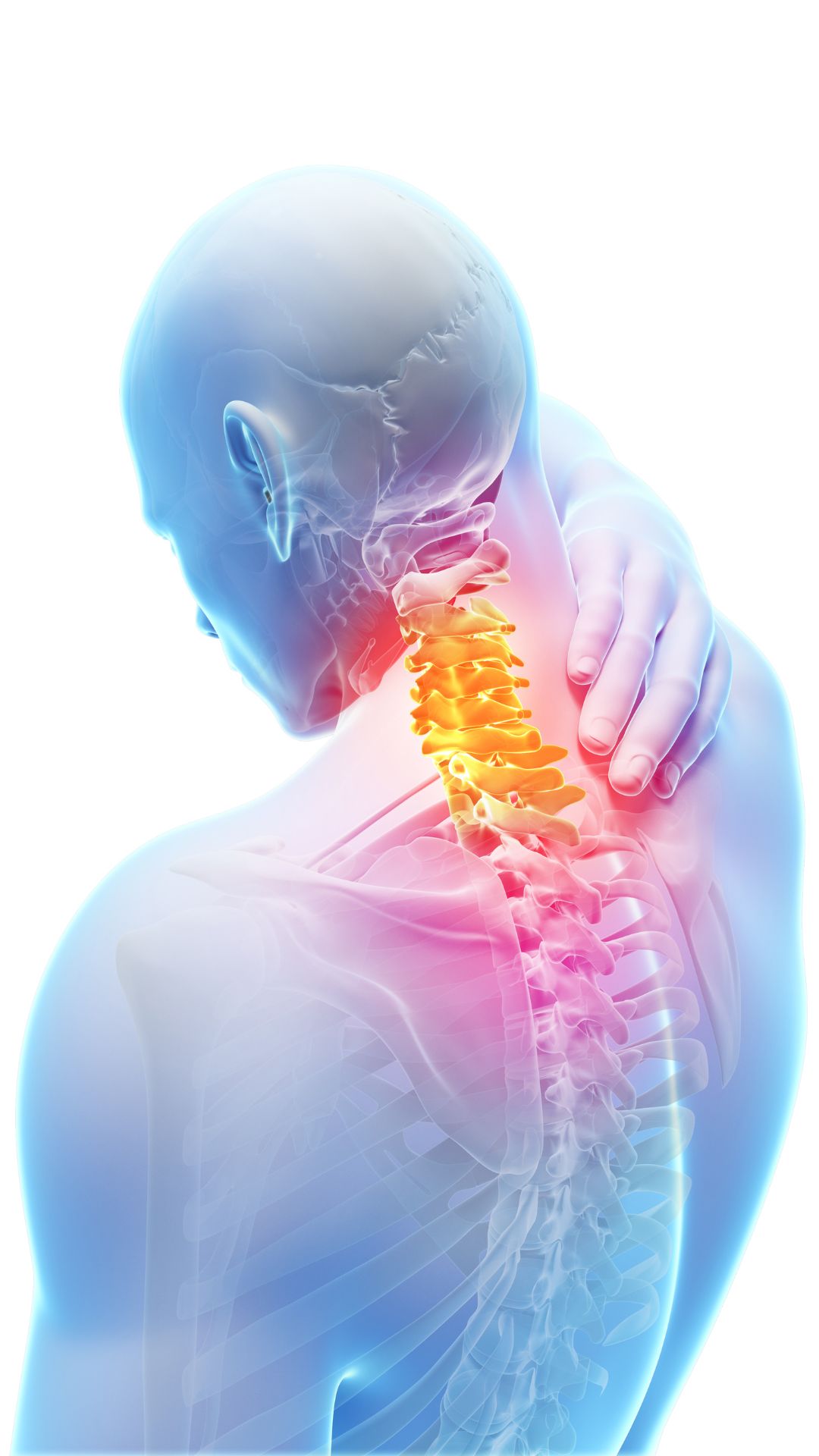Generalised and Focal Dystonia
Generalized Dystonia
Generalized dystonia affects multiple muscle groups throughout the body, leading to widespread and often disabling movements. It can onset in childhood or adulthood and may progressively worsen over time. Causes of generalized dystonia may include genetic factors or environmental triggers. Symptoms can vary widely among individuals but commonly involve twisting or writhing movements affecting the limbs, trunk, and facial muscles. Management often involves a multidisciplinary approach, including medications, botulinum toxin injections, and in severe cases, deep brain stimulation surgery.
Focal Dystonia
Focal dystonia, on the other hand, is characterized by involuntary muscle contractions localized to specific body parts. Common types include cervical dystonia (affecting the neck muscles), blepharospasm (involving eyelid muscles), and writer’s cramp (affecting hand and forearm muscles). Focal dystonia can significantly impair daily activities related to the affected body part, such as speaking, writing, or walking. While the exact cause remains elusive, factors such as repetitive motion, genetics, and environmental influences may contribute to its development. Treatment strategies for focal dystonia typically include botulinum toxin injections, oral medications, physical therapy, and in some cases, surgical interventions.
Services
Discover personalized and advanced treatment options under the expert care of Dr. Jaslovleen Sidhu, a renowned neurologist specializing in movement disorders.
Having a query?
Whether you seek insights into a specific medical condition, guidance on preventive care, or simply wish to optimize your well-being.

Symptoms of Dystonia
Dystonia is a complex neurological disorder characterized by involuntary muscle contractions, leading to abnormal movements and postures. Recognizing the symptoms of dystonia is crucial for early diagnosis and effective management.
1. Involuntary Muscle Contractions:
- Dystonia often presents with involuntary muscle contractions, causing repetitive or twisting movements.
- These contractions can occur in various parts of the body, including the neck, face, limbs, and trunk.
2. Abnormal Postures:
- Individuals with dystonia may exhibit abnormal postures due to sustained muscle contractions.
- These postures can include twisting or turning of body parts, such as the neck (torticollis), hands, or feet.
3. Muscle Spasms and Cramps:
- Muscle spasms and cramps are common symptoms of dystonia, contributing to discomfort and pain.
- These spasms may occur intermittently or persistently, depending on the severity of the condition.
4. Impaired Voluntary Movements:
- Dystonia can interfere with voluntary movements, making it challenging to perform everyday tasks.
- Tasks such as writing, speaking, or walking may become difficult due to involuntary muscle contractions.
5. Speech and Swallowing Difficulties:
- Some individuals with dystonia may experience speech and swallowing difficulties.
- Speech may become slurred, strained, or difficult to articulate, while swallowing difficulties can lead to choking or aspiration.
6. Tremors or Trembling Movements:
- Tremors or trembling movements may accompany dystonia in some cases, further contributing to motor dysfunction.
- These tremors may occur at rest or during voluntary movements.
7. Sensory Symptoms:
- Dystonia can sometimes be associated with sensory symptoms, such as pain, tingling, or abnormal sensations in the affected body parts.
- These sensory symptoms may vary in intensity and duration.
8. Functional Impairments:
- The symptoms of dystonia can significantly impact daily functioning and quality of life.
- Functional impairments may include difficulties with mobility, self-care tasks, and social interactions.
Complications of Dystonia
Dystonia, a neurological disorder characterized by involuntary muscle contractions, can lead to various complications that significantly affect an individual’s quality of life and overall well-being. Recognizing and addressing these complications is crucial for effective management and support.
1. Chronic Pain and Discomfort:
- Persistent muscle contractions associated with dystonia can result in chronic pain and discomfort.
- Individuals may experience pain in the affected body parts, leading to decreased mobility and diminished quality of life.
2. Impaired Mobility and Function:
- Dystonia can impair mobility and functional abilities, making it challenging to perform everyday tasks.
- Activities such as walking, writing, and speaking may become difficult or impossible due to muscle spasms and abnormal postures.
3. Social and Emotional Impact:
- The visible physical symptoms of dystonia, such as abnormal movements and postures, can lead to social stigma and isolation.
- Individuals may experience feelings of embarrassment, self-consciousness, or depression, impacting their relationships and overall emotional well-being.
4. Difficulty with Activities of Daily Living:
- Dystonia can interfere with activities of daily living, including eating, dressing, and personal hygiene.
- Functional impairments may require assistance from caregivers or specialized equipment to maintain independence and dignity.
5. Communication Challenges:
- Speech and swallowing difficulties associated with dystonia can hinder effective communication.
- Individuals may experience slurred speech, difficulty articulating words, or problems with swallowing, impacting their ability to express themselves and participate in social interactions.
6. Occupational Limitations:
- Dystonia can pose significant challenges in the workplace, affecting job performance and career opportunities.
- Individuals may struggle to meet job demands, leading to decreased productivity, absenteeism, or job loss.
7. Mental Health Issues:
- Living with dystonia can take a toll on mental health, contributing to anxiety, depression, and emotional distress.
- Coping with chronic pain, physical limitations, and social challenges may exacerbate underlying mental health conditions.
8. Financial Strain:
- Managing dystonia often requires ongoing medical care, therapy, and assistive devices, which can place a financial burden on individuals and their families.
- Costs associated with treatment, medication, and supportive services may add up over time, impacting financial stability.



